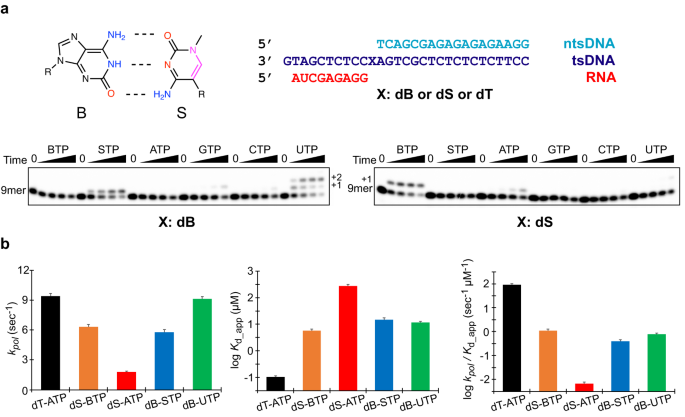2023-12-13 ペンシルベニア州立大学(PennState)
 New research suggests that interactive screen time, such as texting friends or playing video games, delays and reduces the time spent asleep to a greater extent than passive screen time, like watching television — especially for teens. Credit: © CanStock Photo. All Rights Reserved.
New research suggests that interactive screen time, such as texting friends or playing video games, delays and reduces the time spent asleep to a greater extent than passive screen time, like watching television — especially for teens. Credit: © CanStock Photo. All Rights Reserved.
◆この研究は、特に15歳のティーンエイジャーが寝る1時間前に友達とコミュニケーションをとったりビデオゲームをプレイした場合、通常の画面時間を控えた場合よりも30分遅く眠りにつくことが示されています。日中においても通常のゲームプレイ時間を超えてビデオゲームをプレイするたびに、就寝が約10分遅れたとの結果も示されています。このような画面活動が睡眠に悪影響を及ぼすと、肥満のリスクや認知機能、情緒調整、メンタルヘルスの障害リスクが増加する可能性があります。
<関連情報>
- https://www.psu.edu/news/research/story/interactive-screen-use-reduces-sleep-time-kids-researchers-find/
- https://www.jahonline.org/article/S1054-139X(23)00558-X/fulltext
インタラクティブなスクリーンを利用した活動は、青少年におけるその夜の睡眠健康状態の悪化を予測する Interactive Screen-Based Activities Predict Worse Actigraphic Sleep Health That Night Among Adolescents
David A. Reichenberger,Lindsay Master,Gina Marie MathewCynthia K. Snyder,Orfeu M. Buxton,Lauren Hale,Anne-Marie Chang
Journal of Adolescent Health Published:December 13, 2023
DOI:https://doi.org/10.1016/j.jadohealth.2023.10.027
Abstract
Purpose
To determine the micro-longitudinal effects of duration and timing of screen-based activities on sleep within and between adolescents.
Methods
Daily survey and actigraphy data from the age 15 wave of the Future of Families and Child Wellbeing Study were analyzed using multilevel modeling. Four hundred seventy five adolescents provided three or more days of valid daily survey and nighttime sleep data.
Results
Within-person results showed that on days when adolescents played video games more than their daytime average ± SE (1.3 ± 1.2 hours), sleep onset (6 ± 2 minutes, p < .01) and midpoint (4 ± 2 minutes, p < .02) were delayed for each additional hour of gaming. Between-person results showed that for each hour adolescents used screens to communicate with friends across the day, sleep onset was later (11 ± 3 minutes, p < .01), sleep midpoint was later (8 ± 3 minutes, p < .01), and sleep duration was shorter (-5 ± 2 minutes, p < .03). Adolescents who used screens to communicate with friends or play video games in the hour before bed had later sleep onset (30 ± 14 minutes, p < .03) and midpoint (25 ± 13 minutes, p < .05).
Discussion
Among adolescents, passive screen usage such as browsing the Internet or watching videos may not affect sleep timing or duration, but limiting interactive screen-based activities could protect adolescent sleep health and well-being.


